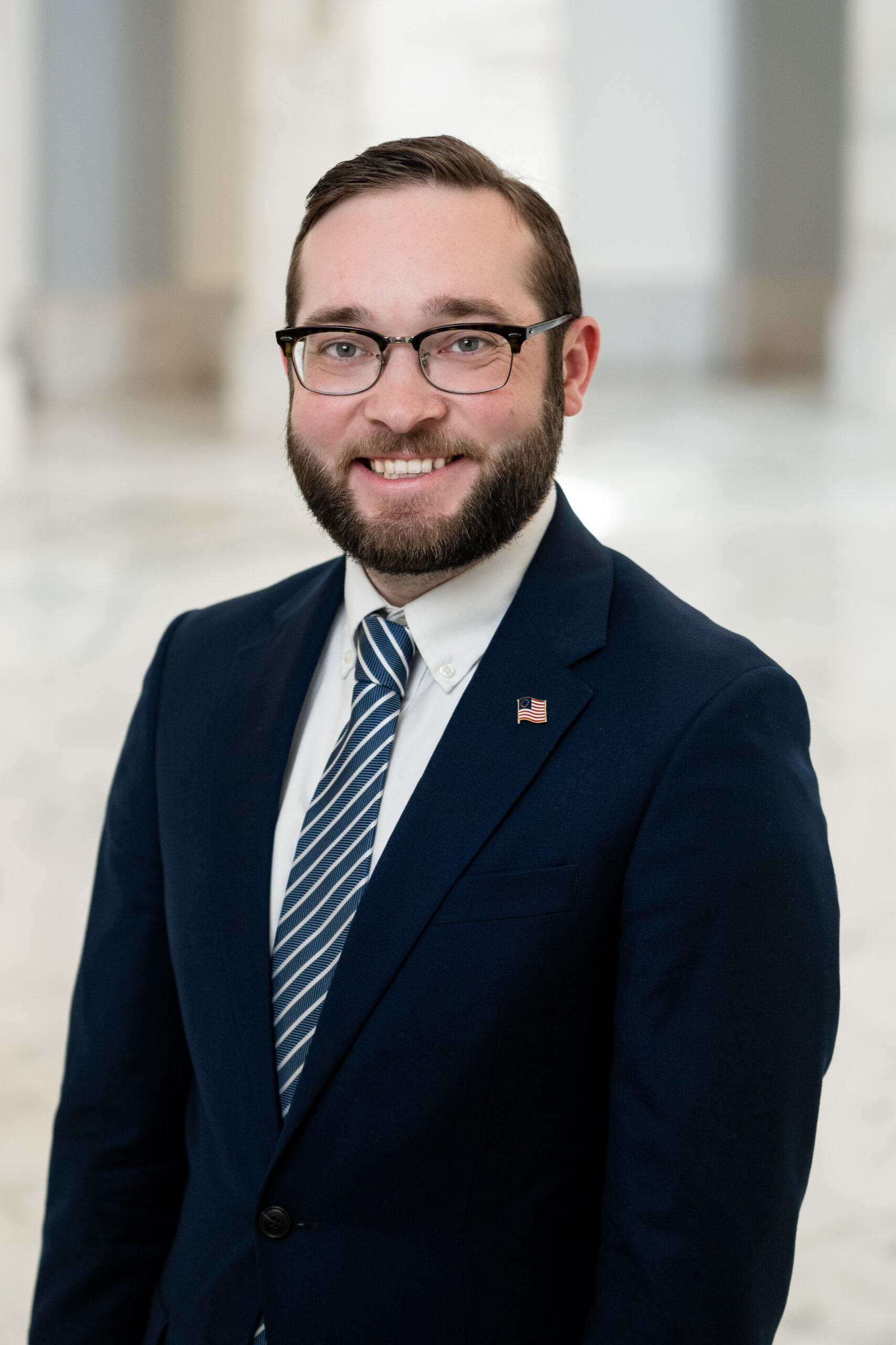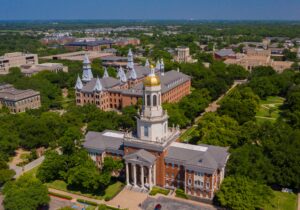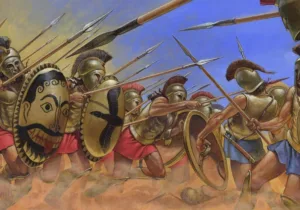Thirty years ago today, Russell Amos Kirk died. Even though I was born two years after his passing, I have felt Dr. Kirk’s influence my whole adult life. I first read him as a student at Hillsdale College, where he had once taught. In The Conservative Mind and his other books, I encountered a tradition so much more substantive than the right-wing politics I had known until then.
At the heart of Kirk’s conservative vision is a conviction of the spiritual continuity in Western civilization. He believed that certain “permanent things” – freedom, justice, love – transcend history. Our forebears struggled to preserve them for us, and now their restoration, renovation, and repair is our obligation.
The American Founding plays a key role in Kirk’s account of the permanent things. In The American Cause, The Roots of American Order, and elsewhere, he traced the origins of our constitution from ancient Jerusalem and Athens, to Magna Charta, all the way down to the Framers in Philadelphia. The Founding deserves Americans’ loyalty because is a particular expression of certain universal principles. Our written Constitution, he taught, was one of the great instruments for order in the world – but he did not hubristically believe that Americans could simply achieve world peace by exporting our liberal ideas or institutions. True statesmanship, Kirk knew, requires prudence, not ideological fervor.
Kirk’s conservatism, though, is as much literary as it is political. Many of the writers profiled in The Conservative Mind are poets or novelists, and his finest book is his biography of T.S. Eliot. We do not live by mere logic or a leveling rationality; humane letters are essential to cultivating a people’s moral imagination. Unlike other, more elitist conservatives in the academy, Kirk never saw this high culture as something at odds with the people at large. He believed, instead, that it could be the highest expression of a country’s true spirit.
In politics and letters alike, Kirk also knew that the permanent things need defenders. Revolutionaries and barbarians pose serious threats, and he understood that it does no good to simply ignore them. In one 1982 essay, he wrote that “Americans have become, without willing it, the defenders of civilization against the enemies of order and justice and freedom. Ours are imperial duties, requiring imperial intellects for their performance.” Kirk himself did much to restore those “imperial intellects” to public discourse.
Some of the great minds Kirk called into service were already well known. Edmund Burke, Alexis de Tocqueville, and John Adams had already inspired many to reflect on the relationship between order and liberty. Kirk’s contribution was to lead us further up and further into their thought – he cut through trivial academic debates to help readers understand these conservatives as they understood themselves.
Other “imperial intellects” were rescued from obscurity by Kirk’s pen. He found conservative insights for his own time in the lives and writings of diverse sources including the Transcendentalist-turned-Catholic Orestes Brownson, or the short-serving British prime minister George Canning. These recovered voices are a reminder that the permanent things endure even when conservatism seems defeated.
Sadly, little about the American right today resembles Kirk’s conservatism. He would have been appalled by the vulgarity too many Republicans reflexively embrace on the campaign trail or social media. He would have detested the notion, altogether too common on the right, that America is an empire in irreversible decline. Above all, though, Kirk would be distressed by the growing neglect for the West’s spiritual continuity among both “post-liberal” authoritarians and ideological libertarians.
The main thrust of Kirk’s scholarship and imaginative writing was to remind Americans who we really are. In Reflections on the Revolution in France, Burke wrote that liberty is “an entailed inheritance derived to us from our forefathers, and to be transmitted to our posterity.” Conservatism, for Kirk, is this fusion of history and futurity in a sense of responsibility. Throughout his life and career, he left us signposts pointing back to that notion.
One of my most prized possessions is a minor relic from the Sage of Mecosta. A friend of mine was working at a conservative nonprofit one summer and found in its basement a copy of the program from the memorial mass held for Kirk at St. Joseph’s Catholic Church on Capitol Hill. It includes eulogies from several prominent figures, and the text of the homily preached by Reverend Winthrop Brainerd that day.
In each of these reflections, Dr. Kirk’s character as a Christian gentleman shines brightly. Fr. Brainerd quoted 1 Corinthians 13:12: “‘To understand as I am understood’ is the ultimate wisdom. It is still the vocation of our brother Russell Kirk; it is the lesson of his life; and it is the legacy, like Elijah’s mantle, that falls upon us here.”
This anniversary is a reminder of conservatives’ responsibility. It is up to us the living to carry on Dr. Kirk’s task into the twenty-first century. Kirk the man may have died thirty years ago, but his ideas never will.






